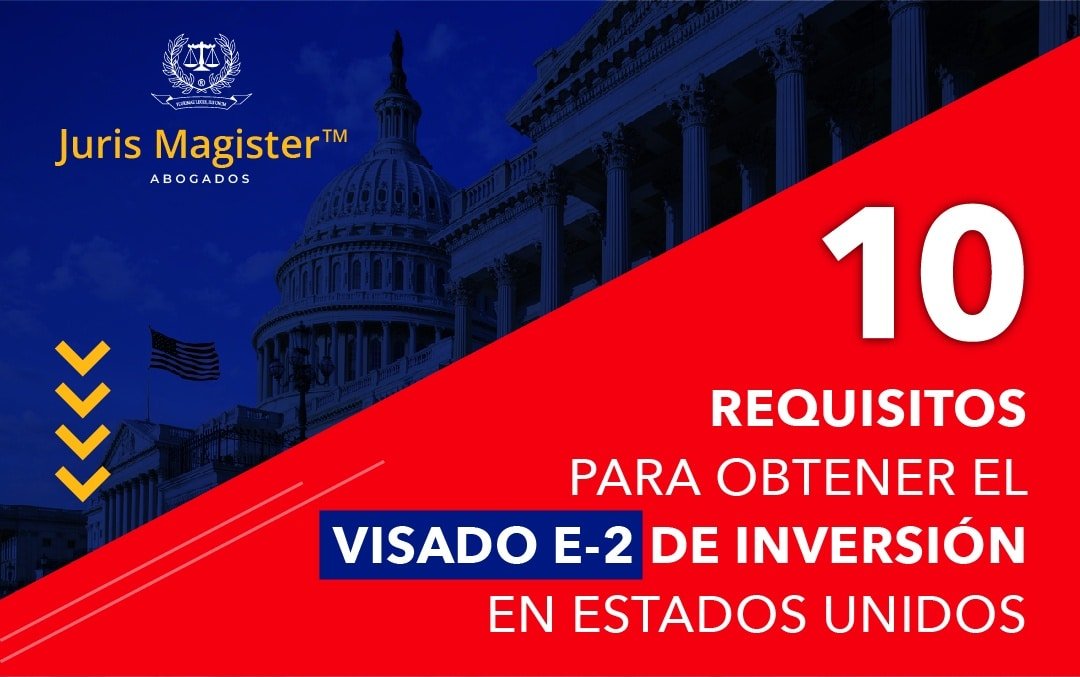To this, we also add the high competitiveness that exists in our field in which “we are required” to be at the foot of the canyon. Otherwise, we will be seen as weak.
Hence, problems of anxiety, stress, demotivation, or burnout syndrome, arise.
Having to adapt to immovable deadlines, the pressure to expose something in a short time, win the case, or develop a good strategy that is favourable for our client, are some of the factors that lead to burnout syndrome.
The concept of “burnout” dates back to the early 1970s, when psychologist Herbert Freudenberger, working in New York, used it to refer to the exhaustion produced by drug addiction. Likewise, he also adopted this term to refer to the demotivation suffered by the volunteers who worked for free in his clinic (Schaufeli et al., 2009).
Currently this year 2022, the World Health Organization has recognized burnout syndrome within the International Classification of Diseases.
50 years later, burnout syndrome is more than widespread and diagnosed not only in the legal profession. In different sectors, this syndrome responds to chronic (long-term) work stress as a consequence of individual exhaustion and the (bad) organization of the office.
To give us an idea, more than 60% of professionals in the legal sector suffer from burnout syndrome or professional exhaustion syndrome (SDP) according to the Humanizing Justice Association. In addition, the older the lawyer is, the more affected he or she is and the more likely he or she is to suffer from this syndrome.
Professionals in the legal sector who suffer from burnout respond to me with the same arguments: lack of conciliation, lack of professional recognition, lack of support from the legal sector (law firms, companies, organisations, and public powers).
We are facing a serious and serious problem. Without going any further, the next year 2022, the World Health Organization will recognize burnout syndrome within the International Classification of Diseases. Despite being more prepared, more educated at an academic level, and having an unprecedented level of competence, we are more worn out in our physical work environment and increasingly attacked.
You will agree that our profession entails significant psycho-emotional risk.
How to deal with burnout syndrome in the legal sector?
Burnout can be continued over time if we do not comply with it in time. And everything that happens to us in the workplace we will also take to the personal and family. Therefore, before going on to give you some guidelines to learn not to burn ourselves, I am going to ask you some questions to see if you feel identified or think that someone could feel recognized:
- Do you feel like you don’t like your job?
- Are you tired since you get up?
- Don’t you celebrate professional achievements?
- Are you so tired both physically and mentally that you cannot properly carry out your tasks?
- Do you have difficulty concentrating?
- Do you feel unmotivated?
- Are you in a bad mood all day and more when you work? That is, for you, work is equal to bad mood and hate.
If you have nodded your head to any of these questions, it is time to stop so as not to continue “burning out” and start adopting a series of healthy practices that will help you better manage your daily office organization.
Practice relaxation and breathing exercises
Change the negative thoughts in your mind to positive ones. It is not easy at first, but it is convenient to tell ourselves: “I know it is difficult but I am going to make an effort today to help my client and myself”
Avoid falling into monotony and routine by introducing alternatives in your work with which you get the same results. You can take a break for breakfast or change bars, for example. Change on the way home, either by car or on foot. Innovate! In case you get lost you can always resort to the helpful Google Maps
Learn to say NO: “I can’t help you right now”; “I can’t answer your mail right now”, “I can’t call you right now”, “I can’t…”. Whatever doesn’t force you to go against what you don’t want
Evaluate your stress. In this case, I can teach you to evaluate it and detect the level of stress you have, since not all people react the same to anxiety or stress. A positive person will be more able to react to stress than a negative one.
As a productivity and wellness consultant in the legal sector, I help you to achieve lower stress levels to the point of eliminating them from your life. You will learn to disconnect and connect with the “here and now” (Gestalt therapy) so as not to focus so much on your past or be obsessed with the future that will come and that we do not know yet.
One of the objectives of the Lidera Abogacía Program consists in psycho-emotional management. You will learn techniques to reduce burnout syndrome, to control your stress and time management in your office as well as to have resilience and develop more assertive communication.









